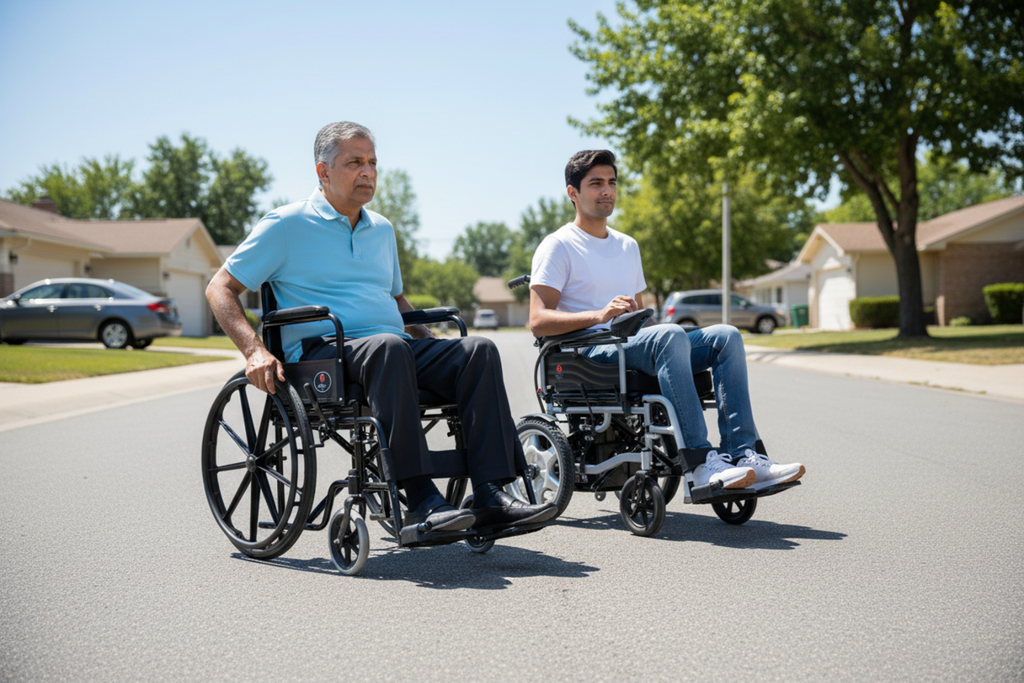
Manual vs. Electric Wheelchairs: What's Best for You?

Choosing a wheelchair is an important decision that affects your daily life and independence. With so many options, from the simplicity of a manual wheelchair to the features of an electric wheelchair, it can feel overwhelming. Let's break down the key differences between manual and electric wheelchairs to help you find the right fit for your needs.
Understanding Your Options: Manual vs. Electric
The main distinction lies in how the wheelchair is powered.

Manual Wheelchairs:
The user or a caregiver operates these usually. The user propels themselves by pushing on the handrims on the large rear wheels. A caregiver can also push using handles on the back. Manual wheelchairs are typically lighter and more straightforward in design.

Electric Wheelchairs:
Powered by a motor and battery, these wheelchairs allow the user to control movement with a joystick or another control interface. This setup eliminates the need for manual propulsion, offering more independence and ease of use.
The Manual Wheelchair: Simplicity and Control
Manual wheelchairs have been a staple of mobility for many years for a good reason. They provide a direct connection to your movement and environment.

1. Portability:
Many manual wheelchairs, especially foldable models, are easy to transport. They can often be collapsed and stored in a car trunk or on public transport, making them ideal for frequent travel or for individuals needing a chair that can be stored away when not in use.
2. Physical Activity:
Using a manual wheelchair allows for some upper-body exercise, which can help maintain strength and cardiovascular health.
3. Maneuverability:
Lighter manual chairs are agile in tight spaces, making them suitable for busy indoor environments.
4. Maintenance:
Manual wheelchairs generally have fewer complex parts, leading to simpler upkeep and lower long-term costs.
5. Affordability:
The price of a good-quality manual folding wheelchair is usually much lower than an electric one.
However, manual wheelchairs do require physical strength and endurance. If you have limited upper body strength, shoulder problems, or need to travel long distances, using a manual chair might cause fatigue or strain.
The Electric Wheelchair: Power and Performance
For many, an electric wheelchair offers unmatched freedom and comfort, especially for those who find manual propulsion difficult.

1. Effortless Mobility:
The main benefit is the elimination of physical exertion. This is significant for individuals with limited strength, endurance, or specific medical conditions.
2. Extended Range:
Electric wheelchairs can travel much longer distances without users feeling tired. They are ideal for outdoor use, shopping trips, or navigating large venues.
3. Comfort and Support:
Many electric wheelchairs have advanced seating systems, reclining features, and power adjustments for tilt and recline, providing superior comfort for longer periods.
4. Speed and Power:
Generally, they can move faster and handle inclines more easily than manual chairs.
5. Specialized Features:
Some models include advanced features like standing functions, stair climbing capabilities, or controls adaptable for various physical needs.
On the downside, electric wheelchairs tend to be heavier and bulkier, making transport more challenging. Even if some models are designed to fold, they still require more effort and often special vehicles for transport. The initial price of an electric wheelchair is higher, and maintenance can be more complicated due to electrical components.


Making Your Decision
When considering your options, think about these questions:
- Your Physical Capabilities: What is your upper-body strength and endurance like? Do you experience pain or fatigue with manual propulsion?
- Your Lifestyle: How often will you use the wheelchair? Will you mainly be indoors or outdoors? Do you need to transport it often?
- Terrain: What kind of surfaces will you encounter? Will you face many inclines or uneven ground?
- Budget: What is your budget for the initial purchase and ongoing maintenance? (Don’t forget to compare the prices of folding wheelchairs for both types if portability matters).
- Comfort Needs: How long will you be sitting in the chair each day? Do you need specific seating adjustments for comfort or pressure relief?


A Quick Look at Foldable Options
Whether you choose a manual or an electric wheelchair, the market offers great foldable options. A folding wheelchair is made for easy storage and transport, making it an excellent choice for individuals who need to move their chair often. When looking at folding wheelchair prices, you'll find options in both categories, providing flexibility without sacrificing portability.
Where to Find More Information
For a wide range of mobility solutions, including detailed specifications and a clear understanding of the prices for various models, you can check reputable medical equipment online. They often provide valuable resources to help you compare different types of wheelchairs.
Ultimately, the best wheelchair for you is the one that allows you to live life to the fullest. It should offer the right balance of independence, comfort, and practicality. Consider your needs carefully, and don't hesitate to consult with healthcare professionals or mobility specialists for guidance in your choice.


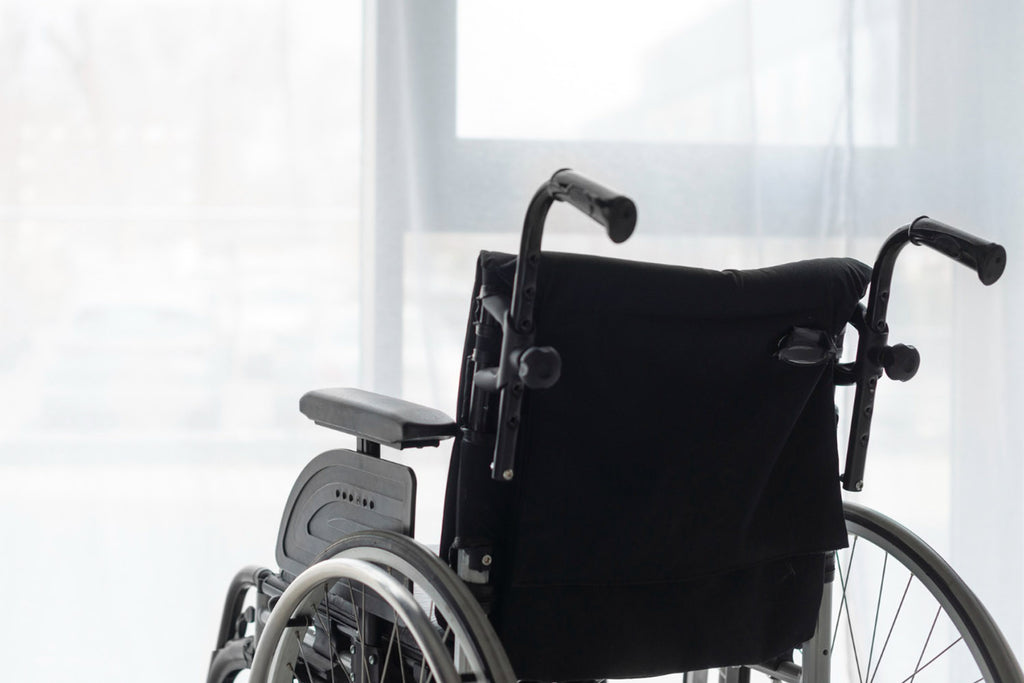
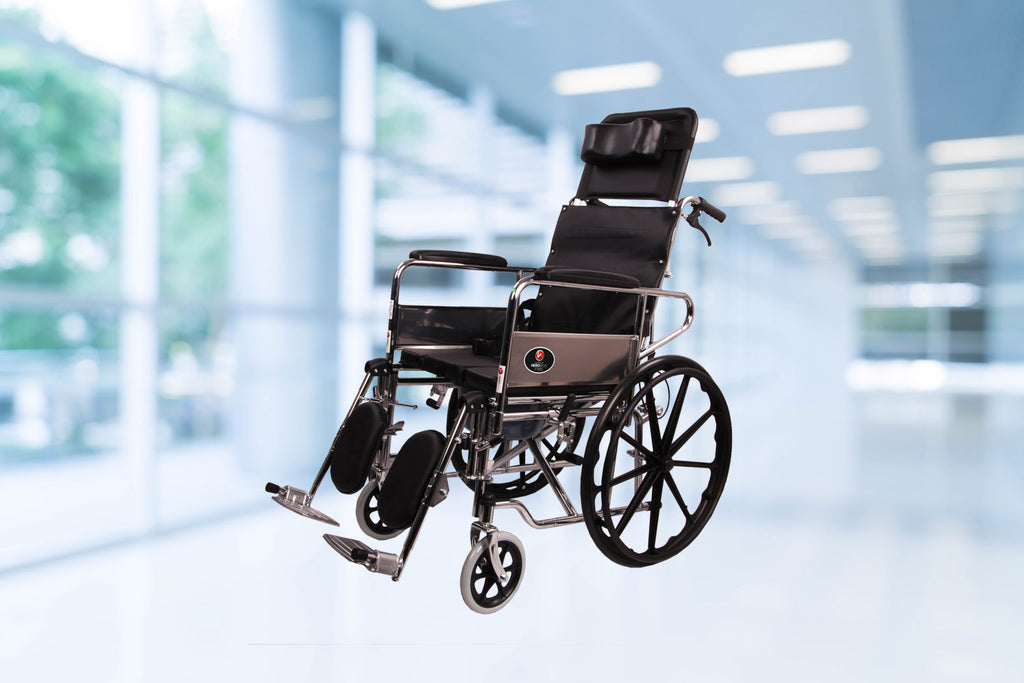

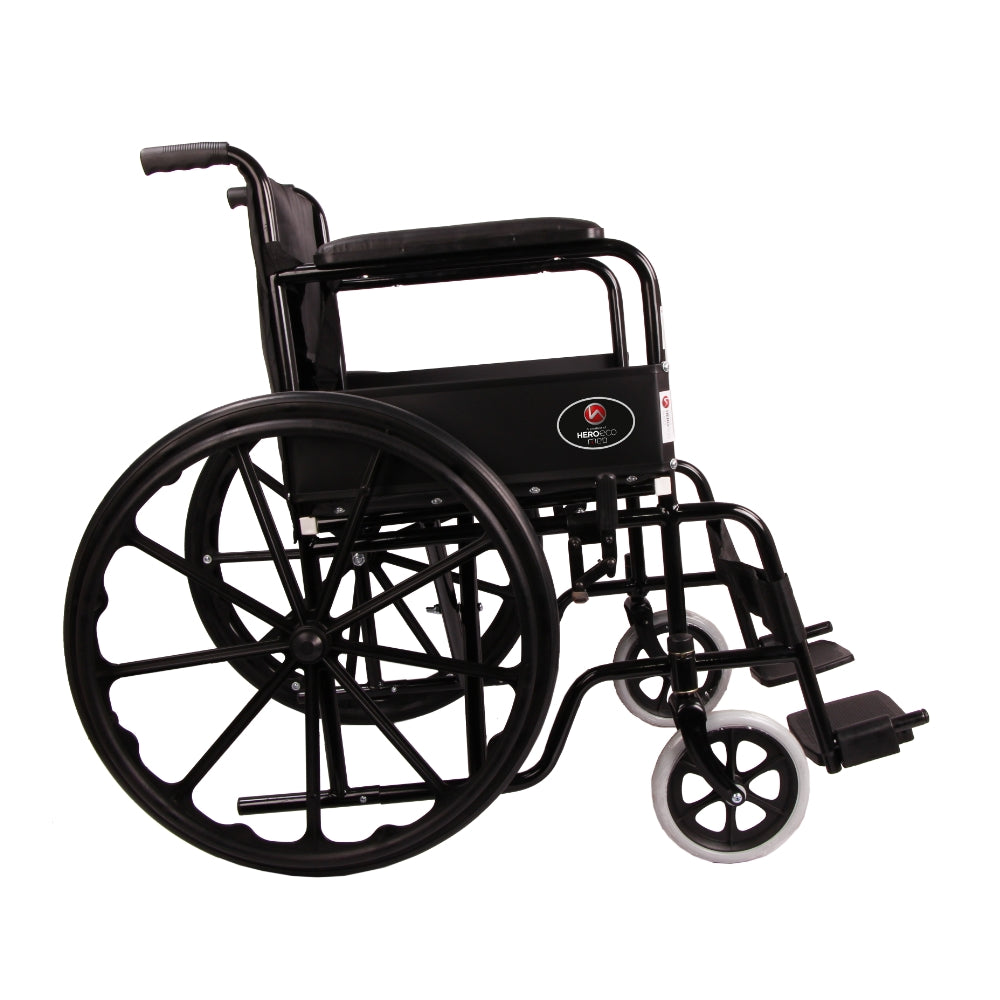
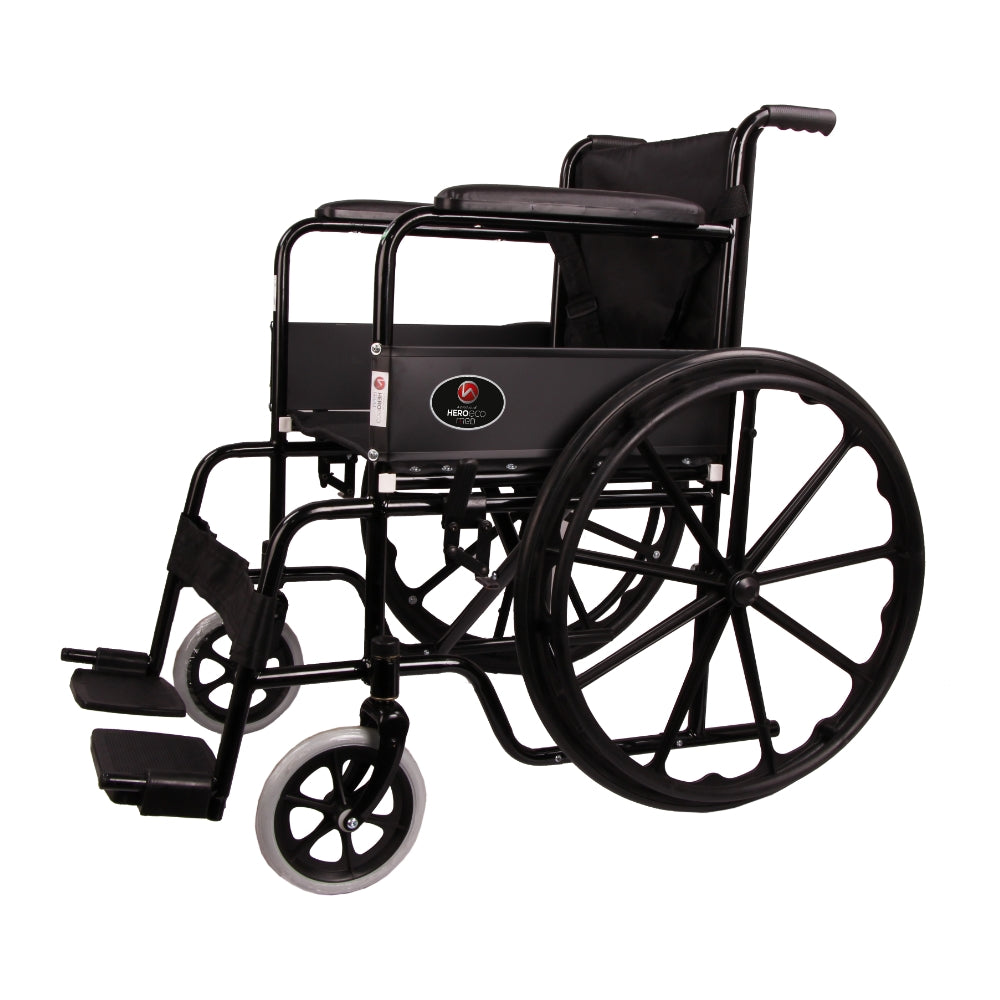
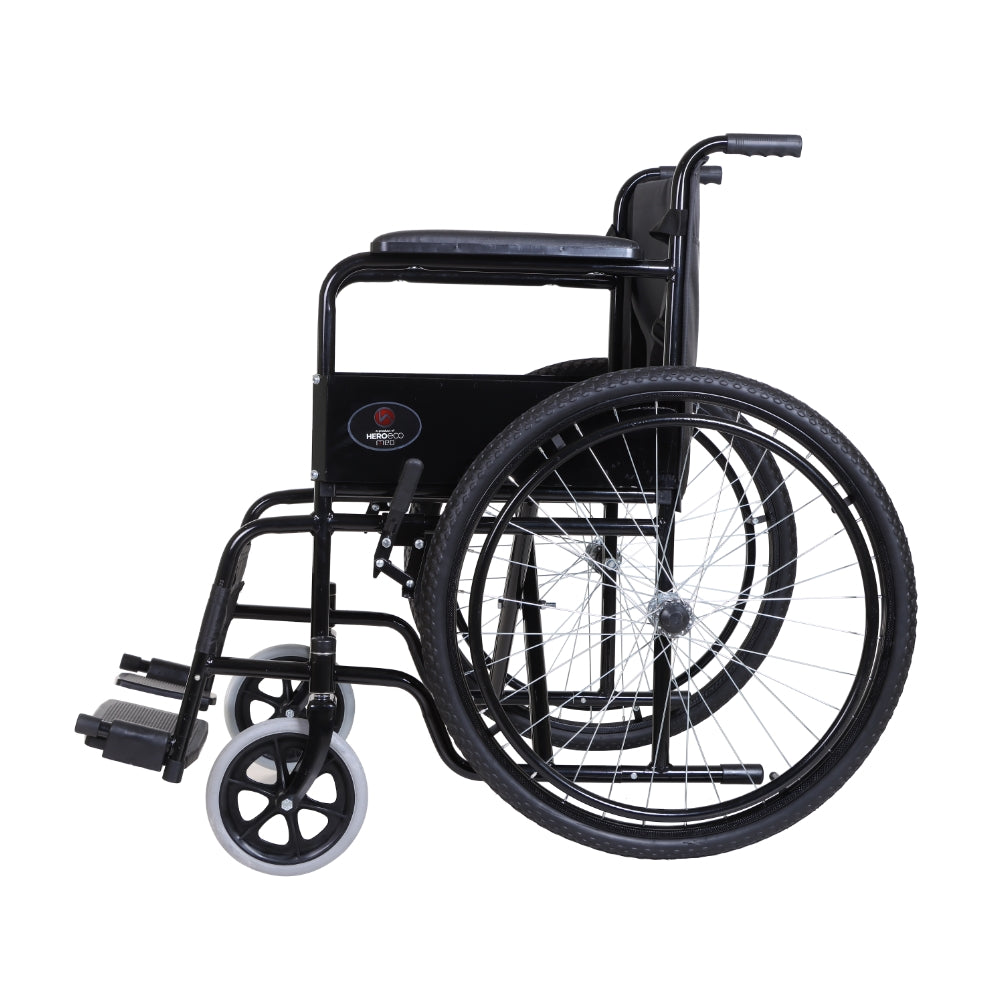
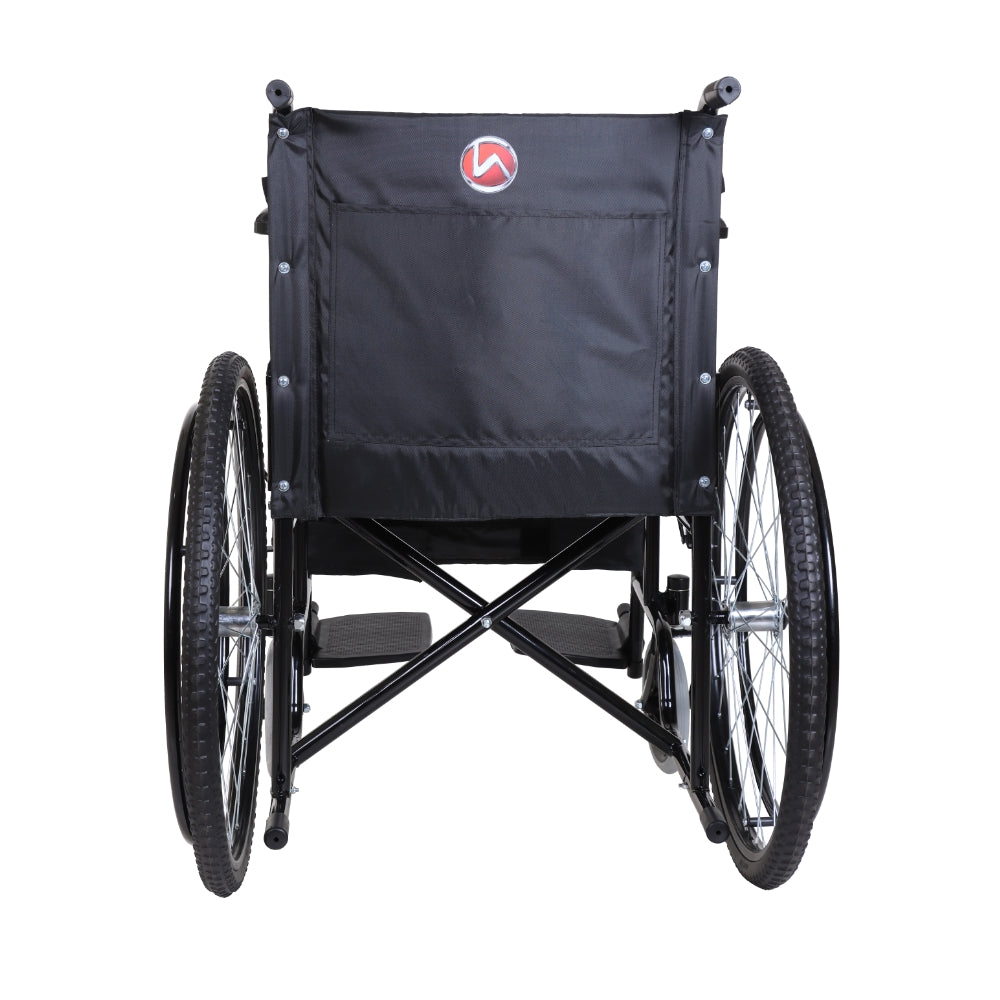
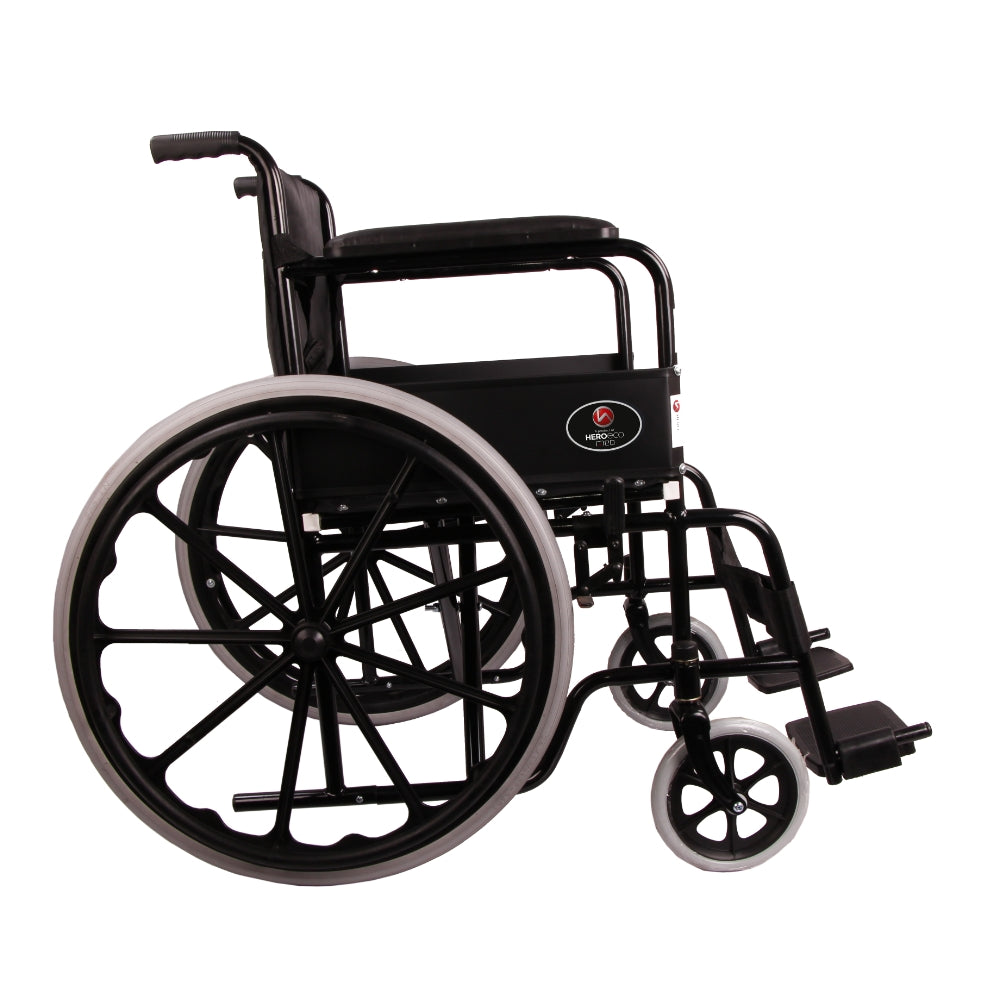
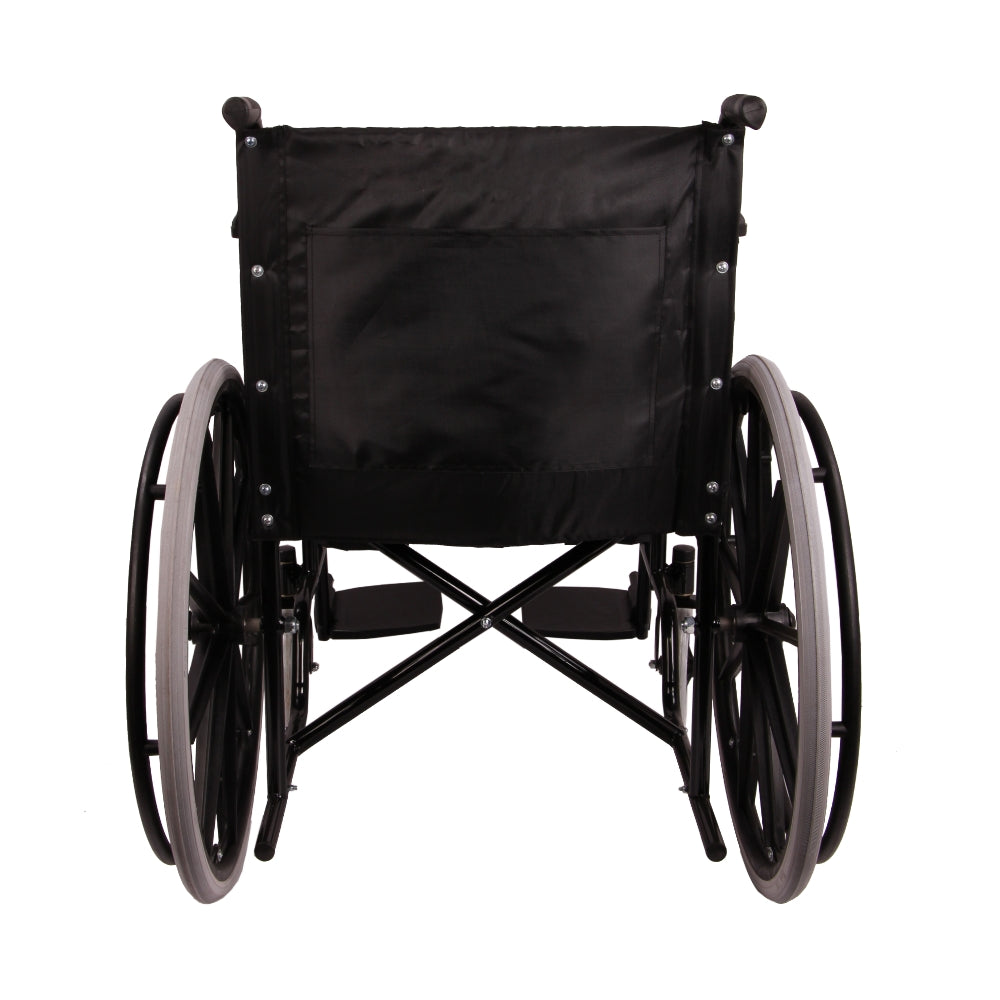
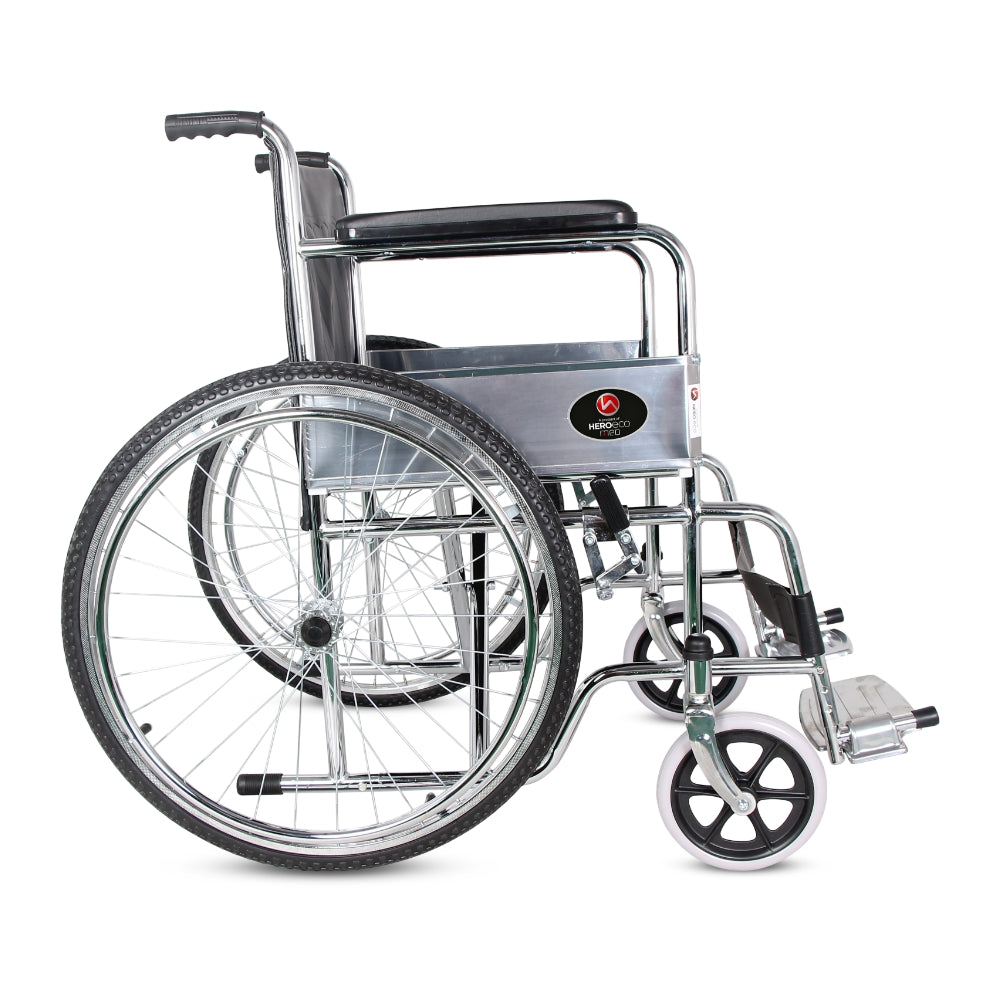
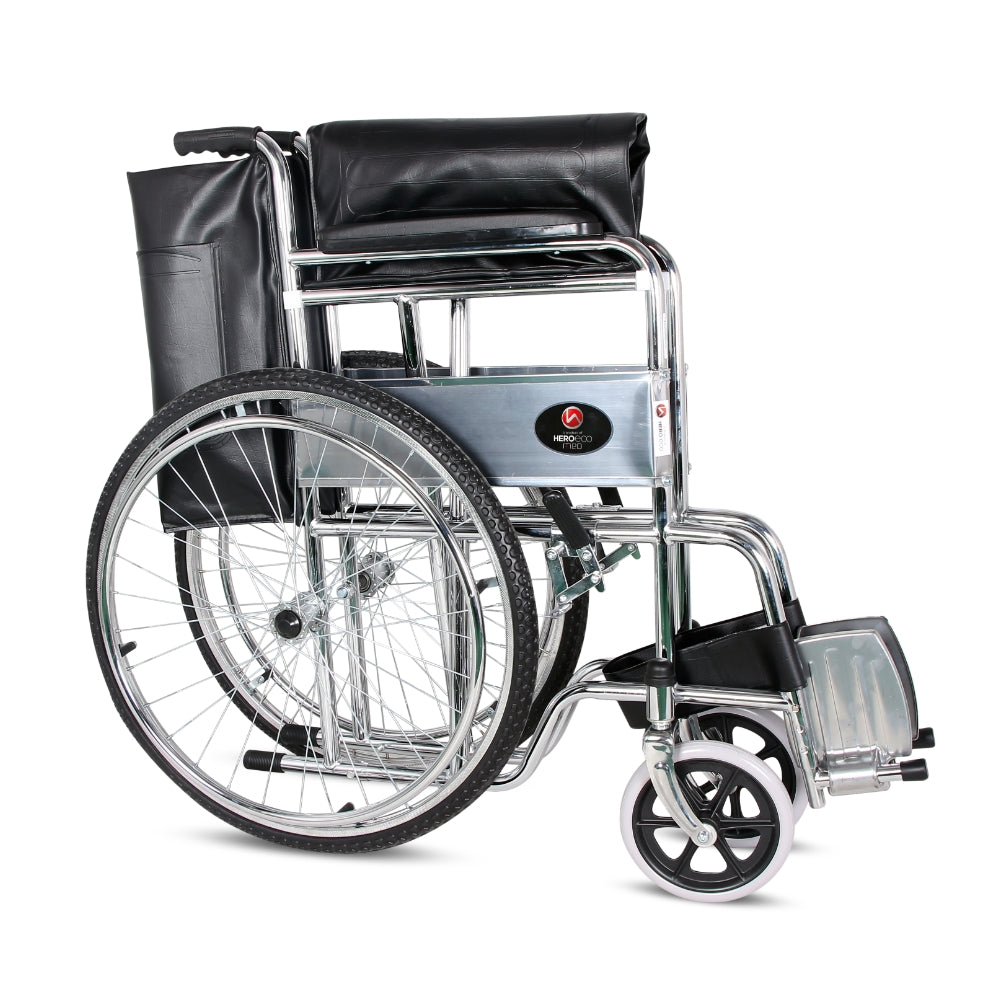
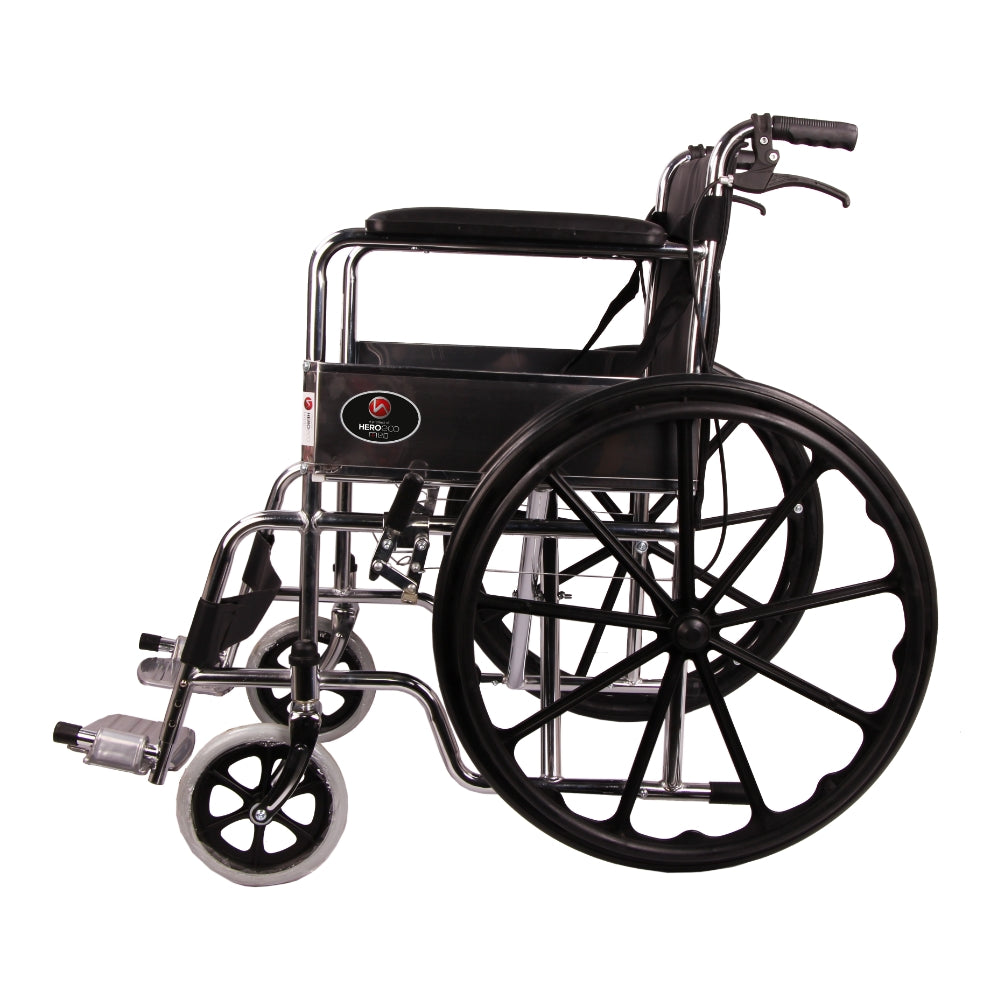
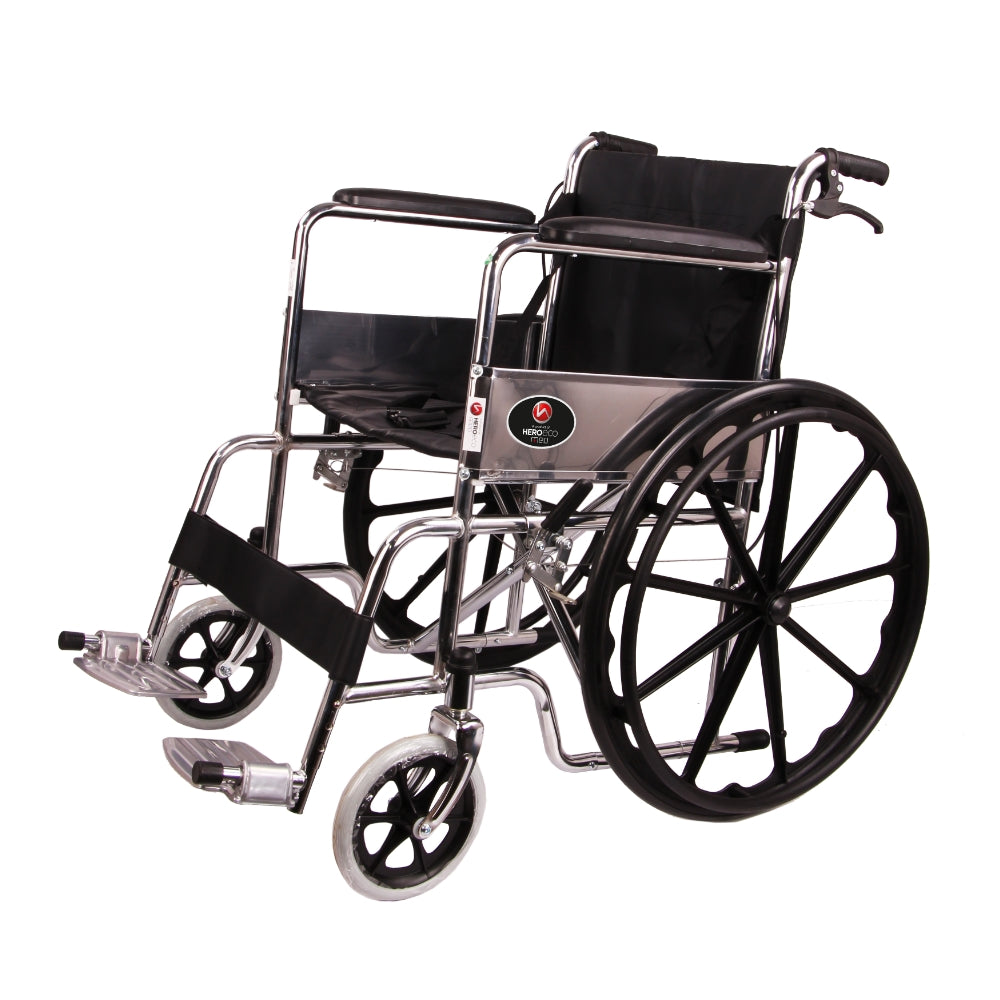
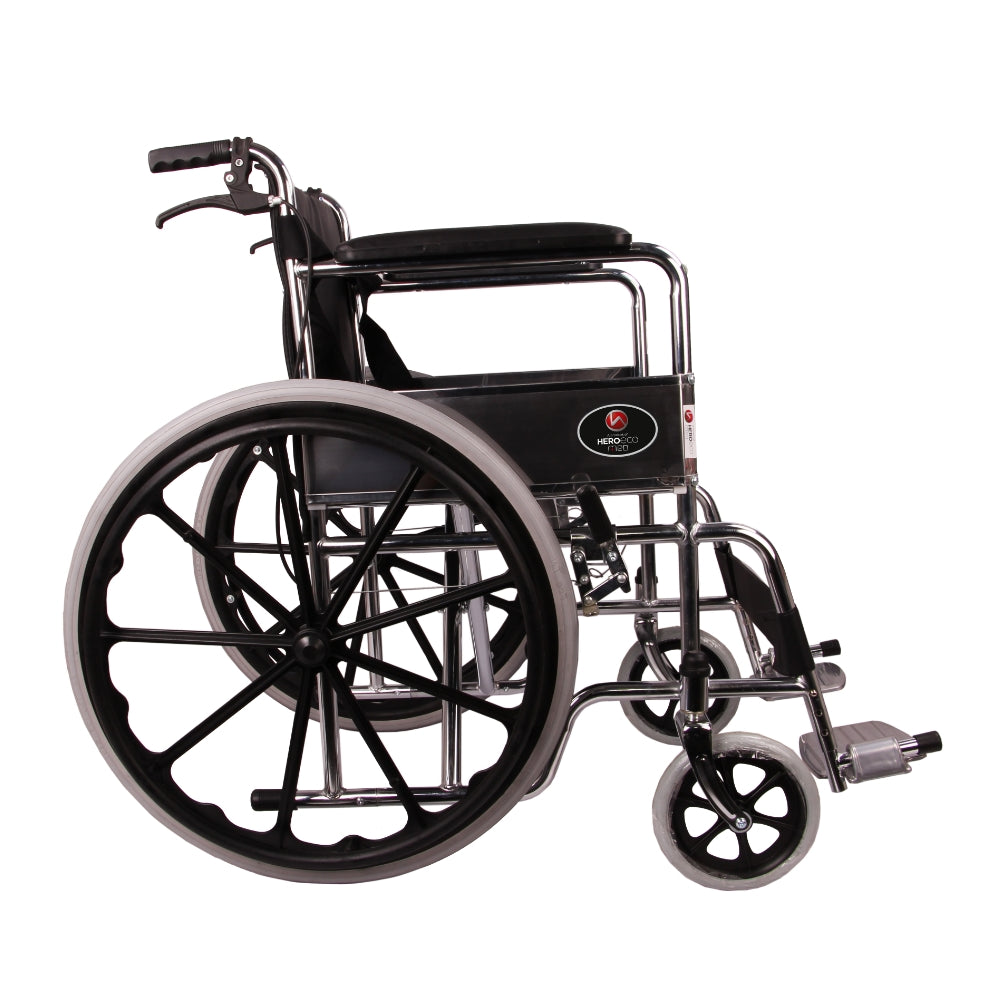
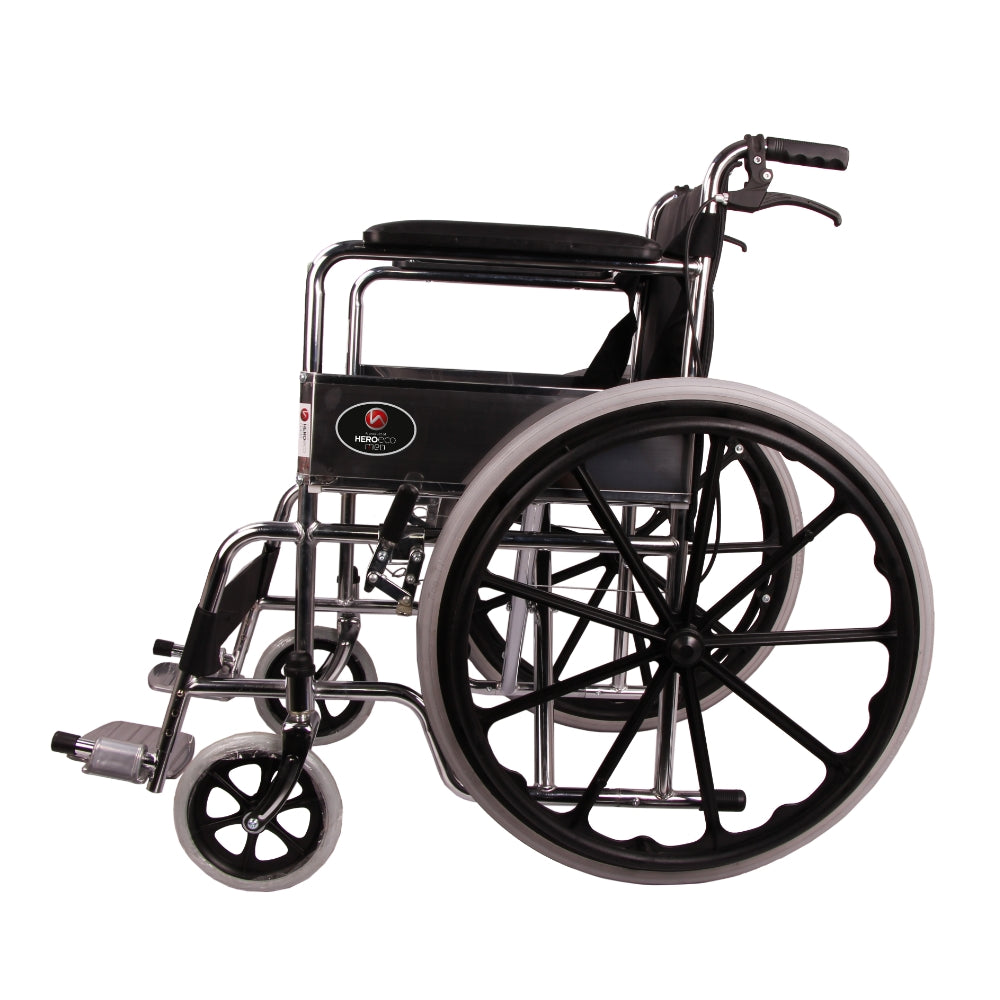
wxu8ap